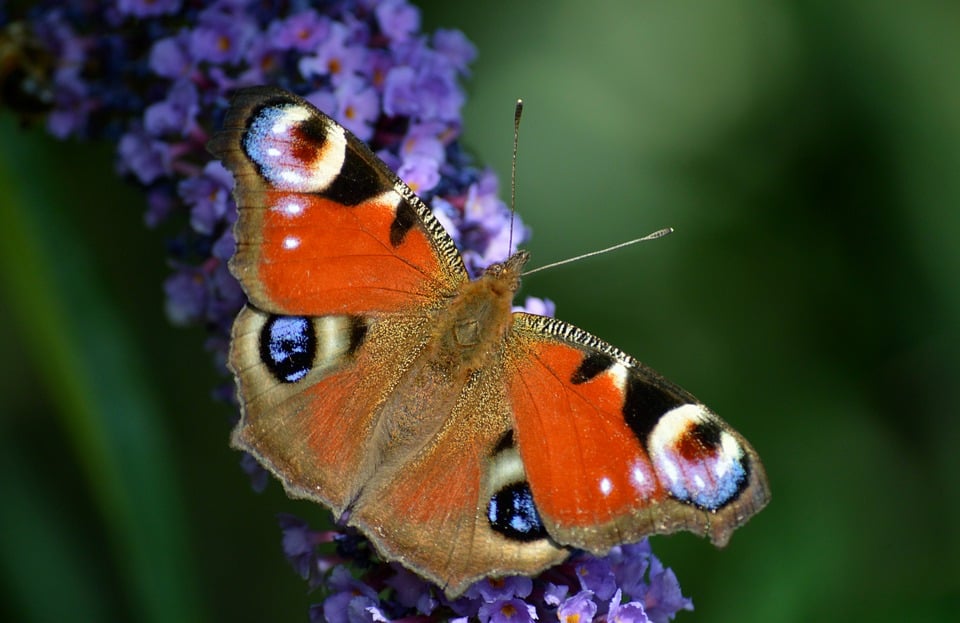In a world that often seems full of negativity and conflict, the simple act of kindness can have a profound impact on our well-being. From improving our physical health to boosting our mental and emotional state, the science behind kindness is both surprising and powerful. In this article, we will explore the fascinating connection between acts of kindness and our overall well-being, shedding light on the many benefits that come from practicing kindness.
The Historical Context of Kindness
The idea of kindness as a virtue is not a new concept. Throughout history, various cultures and religions have placed an emphasis on the importance of kindness and compassion towards others. From the teachings of Buddha to the principles of Christianity, kindness has long been seen as a key component of leading a fulfilling and meaningful life.
In the field of psychology, researchers have investigated the impact of kindness on our mental health and well-being. Studies have shown that acts of kindness not only improve our mood and increase feelings of happiness, but they can also reduce stress and anxiety levels. Kindness is not just a feel-good emotion; it has real, tangible benefits for our overall well-being.
The Current State of Kindness Research
In recent years, scientists have delved deeper into the science of kindness, uncovering even more surprising benefits. Research has shown that acts of kindness can actually have a physical impact on our bodies, with studies demonstrating that kindness can lower blood pressure, reduce inflammation, and even boost our immune system.
One study conducted by researchers at the University of California, Berkeley found that people who engage in regular acts of kindness have a reduced risk of heart disease. This groundbreaking research provides further evidence of the powerful connection between kindness and our physical health.
Benefits of Kindness:
– Increased feelings of happiness and well-being
– Reduced stress and anxiety levels
– Lower blood pressure and reduced risk of heart disease
– Boosted immune system
– Improved overall physical health
The Future of Kindness Research
As the field of kindness research continues to expand, scientists are exploring new avenues for understanding the impact of kindness on our well-being. One area of focus is the role of kindness in social relationships and community cohesion. Studies have shown that acts of kindness can strengthen social bonds and lead to greater feelings of connectedness and belonging.
Researchers are also investigating the potential therapeutic benefits of kindness, exploring how acts of kindness can be used to treat mental health conditions such as depression and anxiety. Preliminary studies have shown promising results, with some therapists incorporating kindness practices into their treatment approaches.
Practical Applications of Kindness:
– Practice random acts of kindness towards strangers
– Volunteer in your community to help those in need
– Express gratitude and appreciation towards others
– Practice self-kindness and self-care
Conclusion
In conclusion, the science of kindness reveals the profound impact that acts of kindness can have on our well-being. From improving our physical health to boosting our mental and emotional state, kindness is a powerful force for good in the world. As we continue to explore the connection between kindness and well-being, it is clear that practicing kindness is not only beneficial for others but also for ourselves. So, next time you have the opportunity to show kindness, remember the surprising science behind it and the positive impact it can have on your well-being. Thank you for reading and considering the importance of kindness in our lives.
For further exploration into the science of kindness, we recommend checking out the work of leading researchers in the field, as well as resources such as books and podcasts that delve deeper into this fascinating topic. Let’s continue to spread kindness and positivity in the world, one act at a time.
